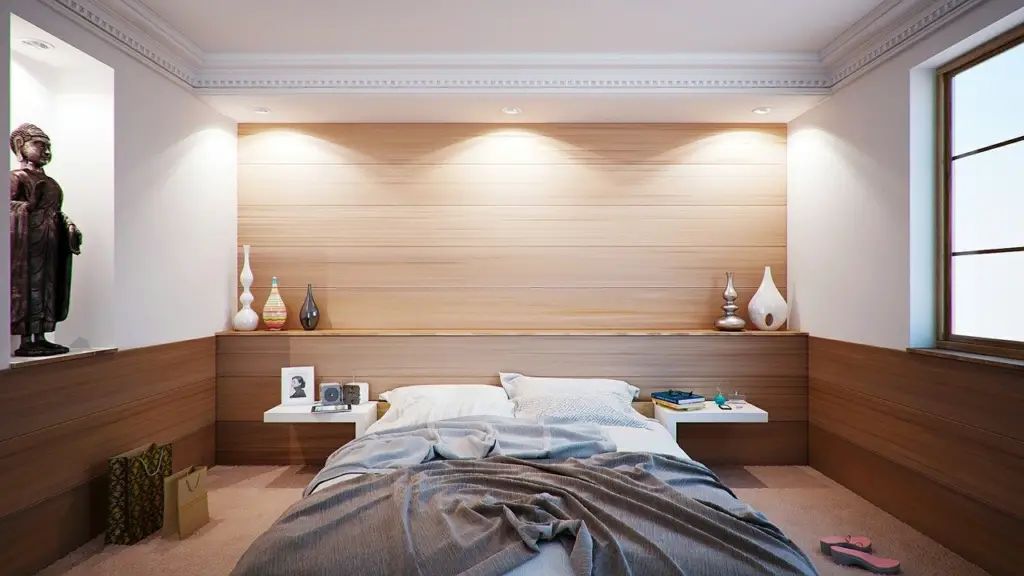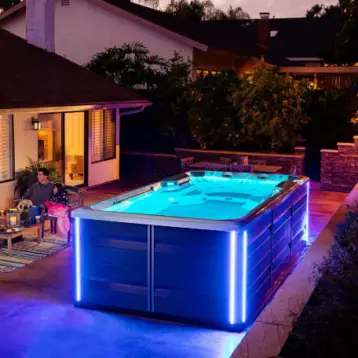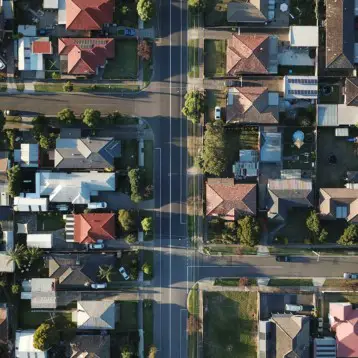
Most people spend several hours staring at a screen each day, whether it’s to work on a computer in an office or while scrolling social media on a smartphone. Although the activity may seem harmless, studies show the devices can have a significant impact on the quality of your sleep. The next time you feel like spending more time on your electronics, there are a few important facts to understand to ensure you can get better sleep and feel less fatigued in the morning.
The Effects of Blue Light
When staring at a screen, blue light is emitted, which can cause the body to release cortisol, a hormone the body releases when the sun rises each day. Both LED and fluorescent lights have the same effect on the body and can lead to delays with when melatonin is released. If melatonin isn’t released at the right time, it can take longer than normal to fall asleep.
Too much exposure to blue light can lead to an interruption in REM, rapid eye movement, making it harder to feel rested in the morning.
Kids are even more vulnerable to the effects of blue light and can have difficulty falling asleep as quickly if they spend time watching TV or using tablets before bed.
Retinol damage is another risk that comes with too much exposure to blue light, which can affect the vision of children and adults. Excess time spent using technology can lead to poor vision and can require needing a stronger prescription.
How to Use Devices at Night
Although it may not be possible to always limit your exposure to blue light in the evenings, there are still adjustments you can make to ensure the devices don’t have as much of an impact on your sleep.
If you want to read in bed at the end of each day, consider using an e-reader, which releases a lower level of blue light and can have less of an effect on the body. Reduce the dimness for even better results.
Removing electronics from the bedroom can also be helpful to avoid tempting yourself to use the items. Consider charging your smartphone outside of the room as you sleep. You can also remove TVs or tablets from your children’s rooms.
Creating a routine each night is also effective in remaining disciplined with how much you allow yourself to use technology. Avoid using any devices an hour before going to bed to ensure you can start to relax your body and mind. Consider taking a bath, reading a physical book, or journaling to make it easier to unwind. If you’re still struggling with sleep, consider upgrading your mattress. Look for a quality product with enough support and a plush texture to make a softer mattress to relax your body and avoid waking up in the middle of the night.
Purchasing glasses with an orange tint can also block most blue light that you’re exposed to each day. The glasses can be affordable to purchase and often cost less than $100. Get in the habit of wearing the glasses when you’re on the computer at your desk or are using your phone for extended periods of time.
Most tablets and smartphones have a nighttime mode that you can switch to when using the products at night. The lights are adjusted on the screen to ensure they’re easier on your eyes and don’t lead to strain before heading to bed. The mode can also reduce blue light emissions and will prevent your body from thinking it’s still the day time or morning time.
Knowing the facts about blue light and using different types of tech gadgets and devices can allow you to make better decisions about when and long you use the items. Understanding the effects of technology on the body can also allow you to make the necessary changes to improve your sleep and reduce the risk of certain sleep disorders over time.










